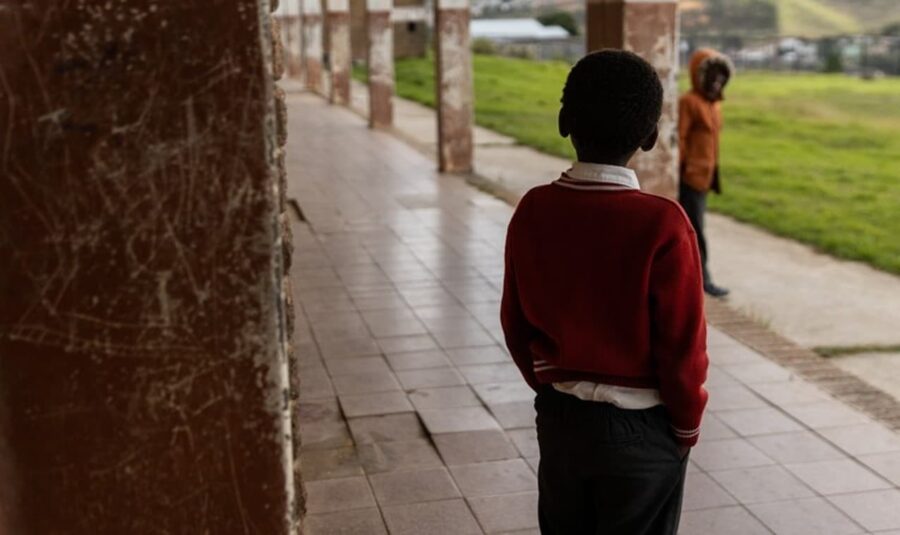
Child Support Grant must be increased to reduce child poverty, review finds
Government could face court action for failing in its constitutional duty

A report on the Child Support Grant by the Children’s Institute at the University of Cape Town has recommended the grant be increased to at least match the food poverty line. The current amount of R510 per child per month is not enough to decrease child poverty, according to the report.
- A review of the Child Support Grant has found that unless the grant increases to match the food poverty line, child poverty will continue to increase.
- The report has modelled three different scenarios to determine how an increase in the Child Support Grant will affect child poverty.
- 65% of children in South Africa receive the Child Support Grant, yet seven million children in South Africa remain below the food poverty line.
The report was commissioned by the National Department of Social Development in 2021 and released on 6 October 2023.
Out of 20-million children in South Africa, 13-million receive the Child Support Grant. Despite this, more than seven million children remain below the food poverty line of R663 per person per month.
More than a third of children in South Africa live in households where no adult is employed, the report says.
According to the report, the Child Support Grant has been “successful at reaching large numbers of poor children with relative ease and it has the best pro-poor targeting record of all the existing social grants”.
But the current grant “is too small to protect the poorest children from hunger, malnutrition and stunting”, the report says. It says 27% of all children under five are stunted.
The report models several scenarios to measure how increasing the Child Support Grant would affect child poverty. If the grant stays at its current value and increases only in line with inflation, child poverty “is likely to increase”, the report says.
In this scenario, the South African government could be taken to court for failing in its constitutional duty to provide for children’s basic needs, the report says. The government would also have to explain to the international community why it has not taken steps to decrease child poverty.
Increasing the Child Support Grant to the food poverty line of R663 per person per month would bring the child food poverty rate down from about 33% to 25%, which would reduce the rates of child hunger, malnutrition and stunting, according to the report. In this scenario, the government is unlikely to be exposed to litigation risk.
Further increases in line with the lower bound poverty line of R945 per person per month would halve child food poverty rates in the country. Child food poverty would be almost completely eliminated if the grant reached the upper bound poverty line of R1,417 per person per month.
The report acknowledges the government’s affordability constraints and warns against trade-offs between different grant types. It suggests a phased increase approach, with gradual top-ups to the existing grant every year.
The phased increase would lessen national budget shocks, but would also reduce the poverty reduction impact of the grant due to the time delay.
ALSO READ: Postbank’s multi-million-Rand plan to stop looting of SASSA grants
The Department of Social Development is currently promoting a Basic Income Grant for unemployed adults. “It is important that existing grants that are shown to be highly pro-poor and effective (like the Child Support Grant) are not traded off to facilitate the establishment of a new grant for unemployed adults,” the Children’s Institute report says.
An increase in the Child Support Grant has also been recommended by the UN Committee on the Rights of the Child, the UN Committee on Economic, Social and Cultural Rights, and the African Committee of Experts on the Rights and Welfare of the Child.
